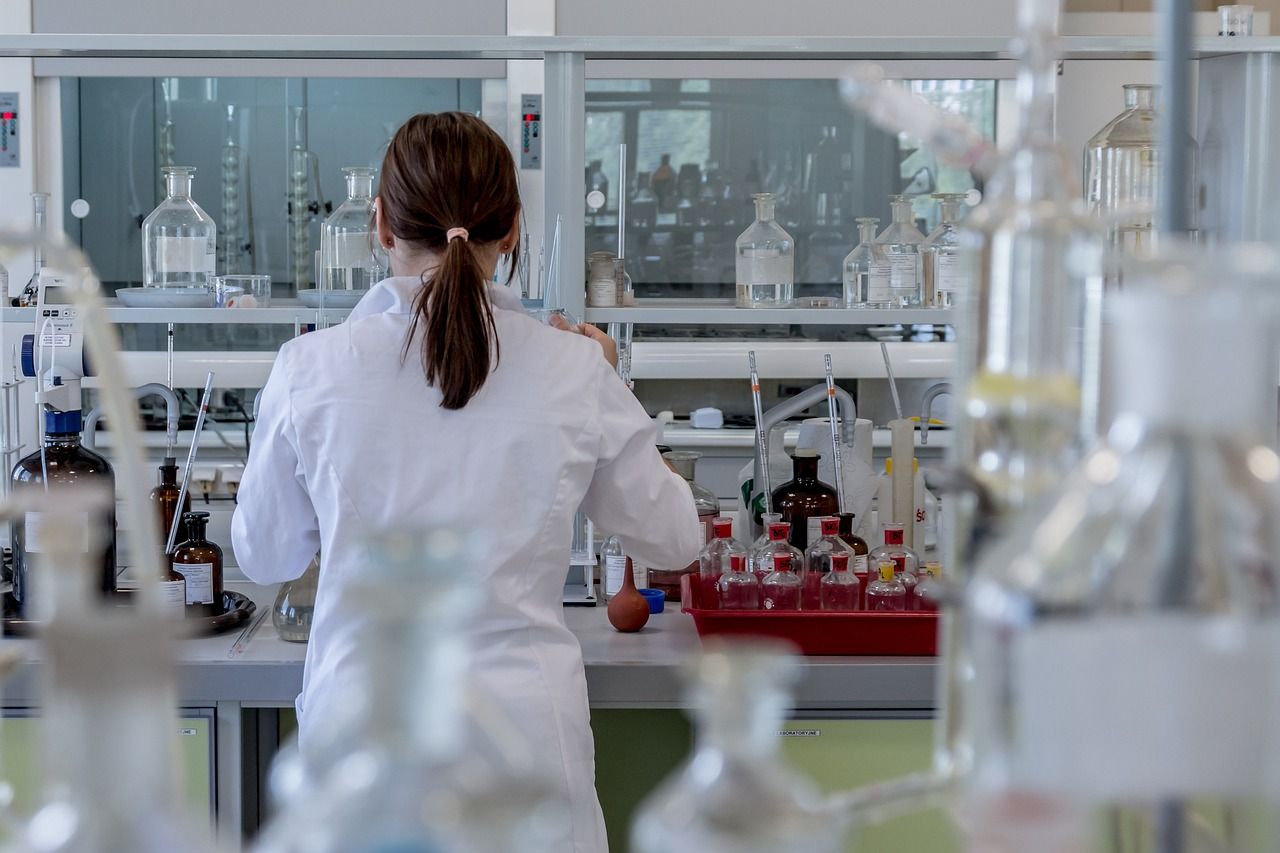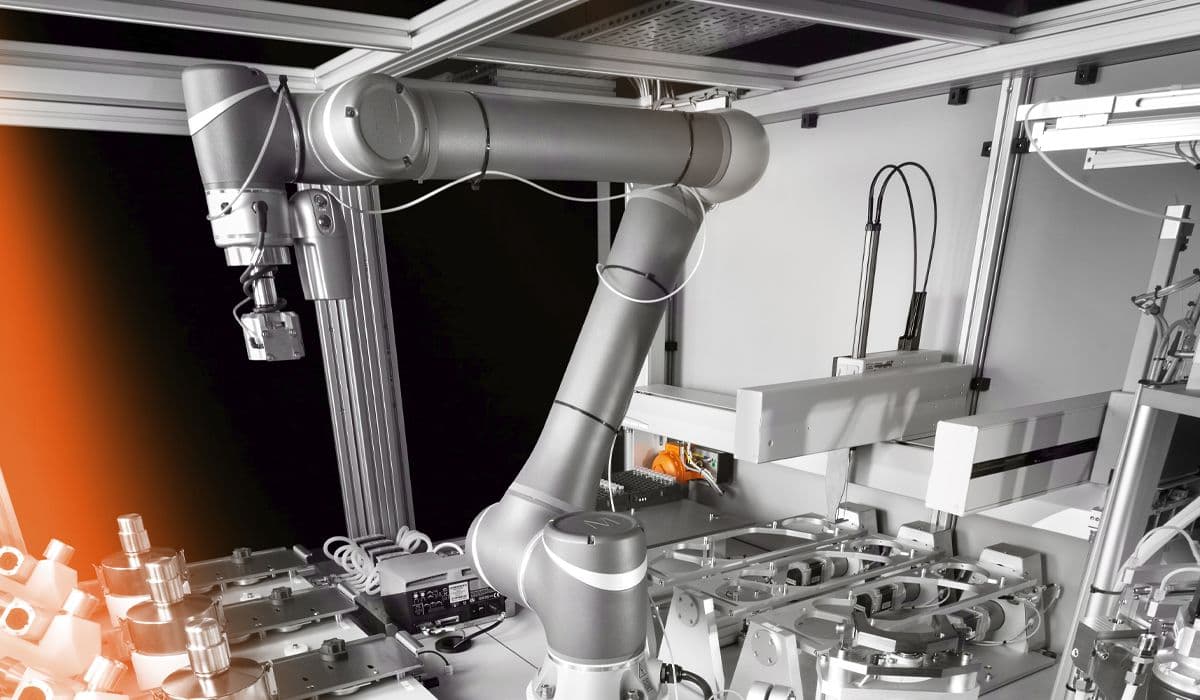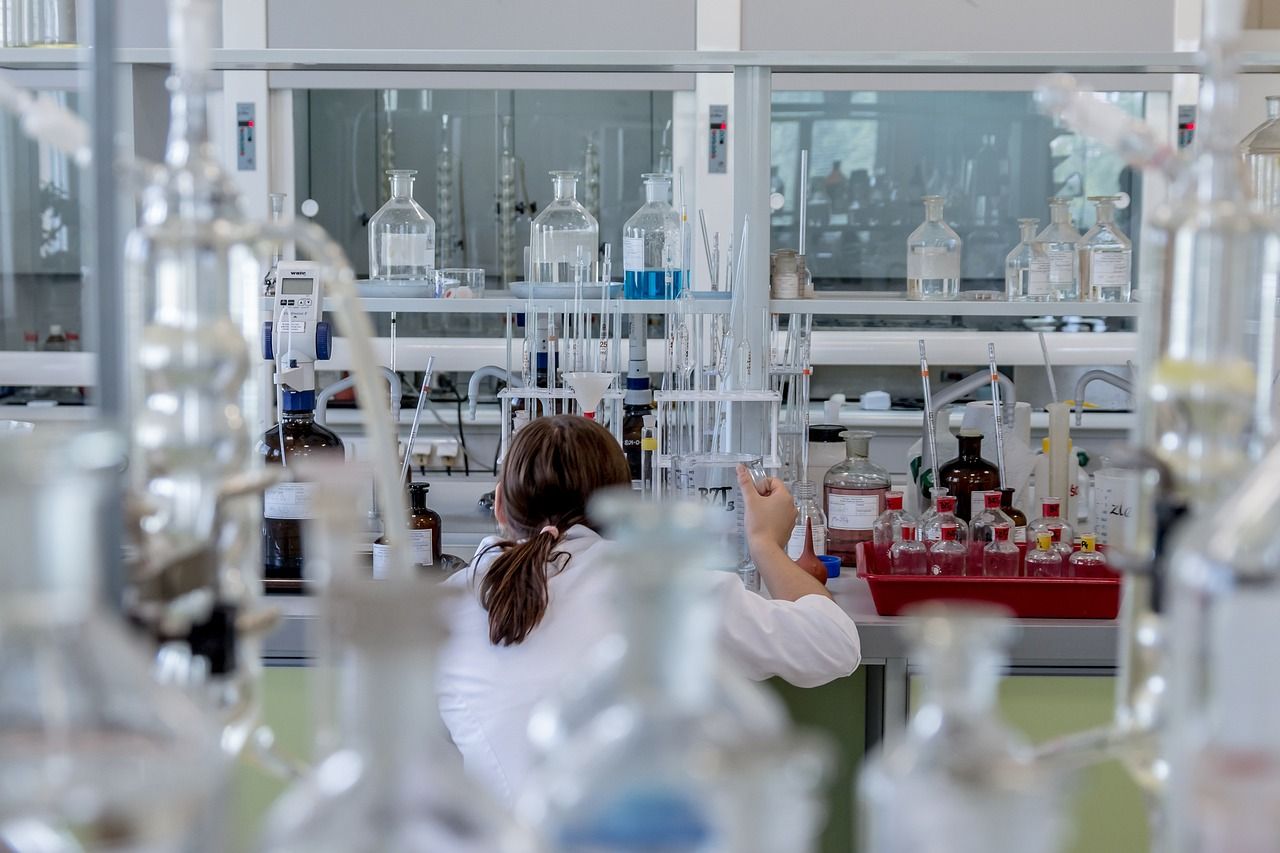The Benefits of Automated Hardness Testing: Improving Accuracy and Throughput

Share this article
Hardness testing plays a key role in the determination of how resistant a material is. This is a crucial aspect of quality control within materials science.
Typically the hardness testing process is time-consuming and the results are prone to variability. Automating hardness testing is revolutionising the materials science space by offering significant increases in throughput and accuracy.
At Astech, we understand the value of precisely and efficiently characterising materials in order to test whether a material will degrade under certain conditions.
The Benefits of Automated Hardness Testing
1. Enhanced accuracy
As manual hardness testing, like a lot of lab processes, can be susceptible human error, including variables like load application inconsistency, the placement of indentations, and interpretation of measurements.
2. Consistent and reliable results
Automated systems mean that the conditions are identical for each test performed which provides highly repeatable data.
3. Objective measurements
When data readings are provided by automated systems, these can be more objective than human-led measurements which can be subject to interpretation.
Reduces human operator tasks
At Astech, we understand that automation supports human operators by freeing up their time spent on repetitive tasks to provide more time on complex science that requires human interpretation.
Increased efficiency and safety
Efficiency is paramount in any lab, and automated hardness testing can accelerate the process in comparison to manual testing. This is because automated hardness testing can achieve:
-Rapid testing cycles
-Batch processing capabilities
-Easy data integration for data entry and quality management
Automated systems can also improve safety by contributing to a more ergonomic environment, as they are able to handle heavy and awkward materials without placing physical strain on human operators.
To conclude, investing in automation can support hardness testing in your lab by providing greater accuracy, increased throughput, and support safety in the lab. By using automation to remove some of the inconsistency associated with manual hardness testing, you can ensure that your materials and production processes are of the highest quality.
Contact the experts at Astech today to discuss how our bespoke automation could benefit you when performing hardness testing.


